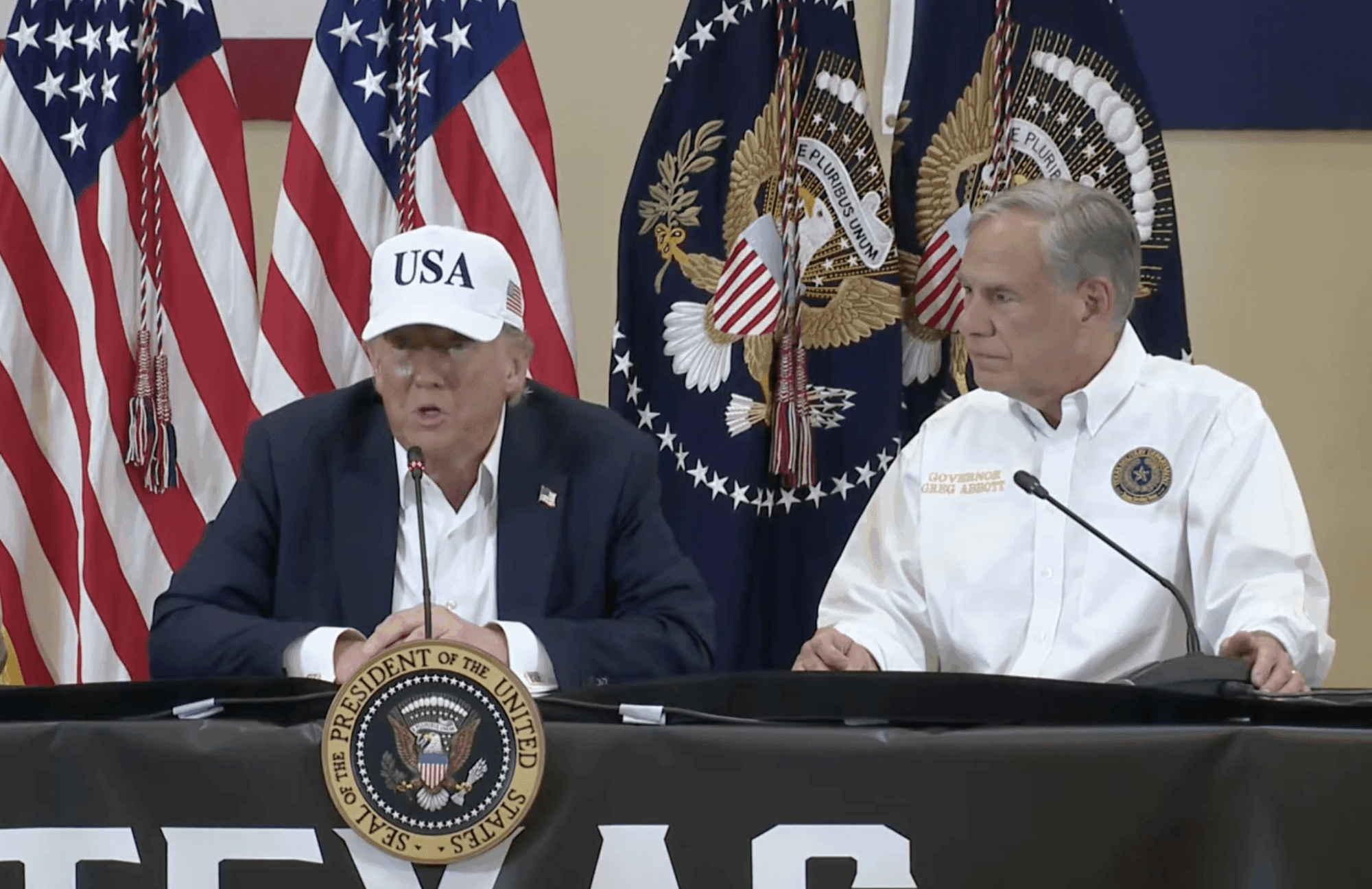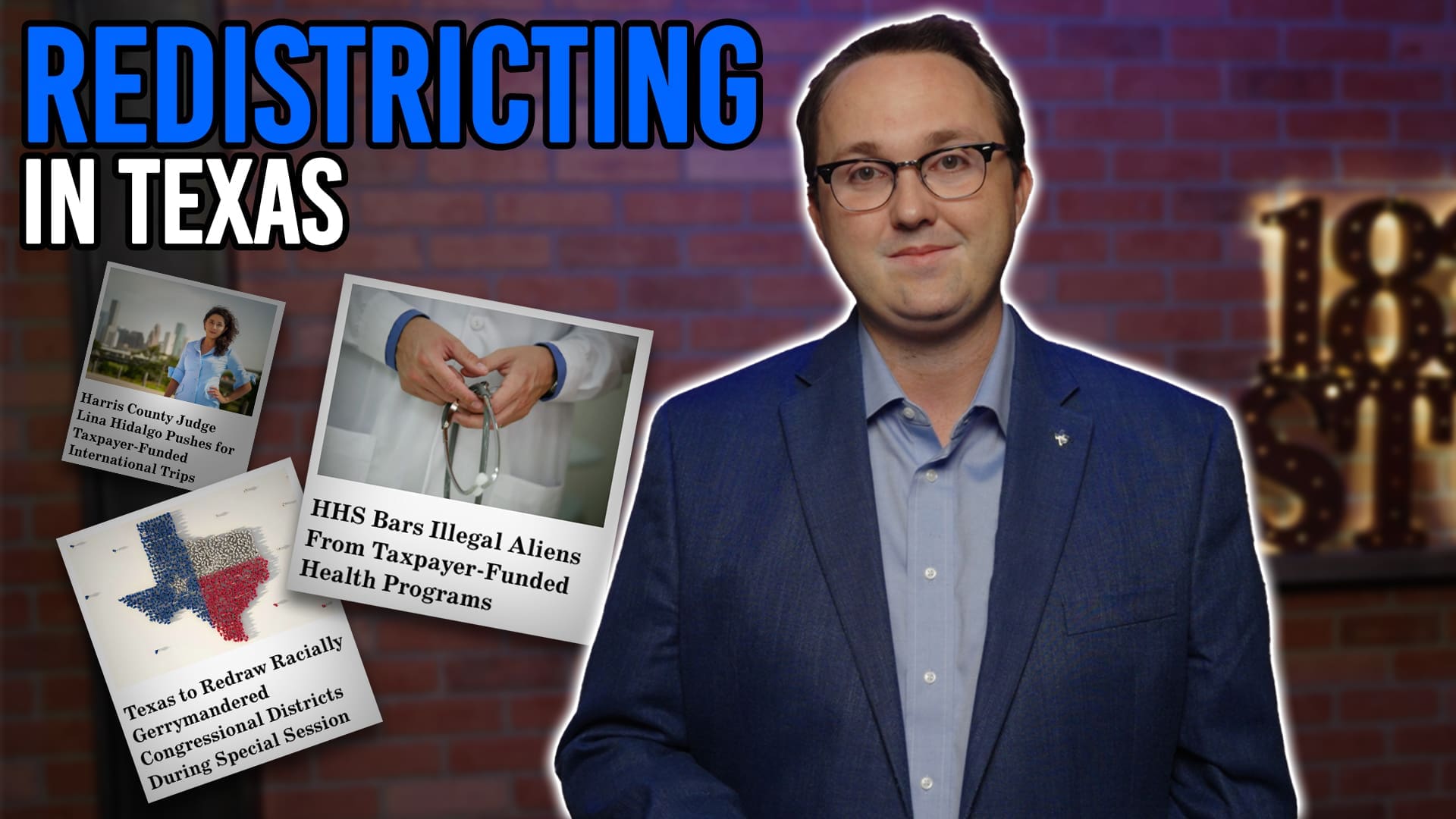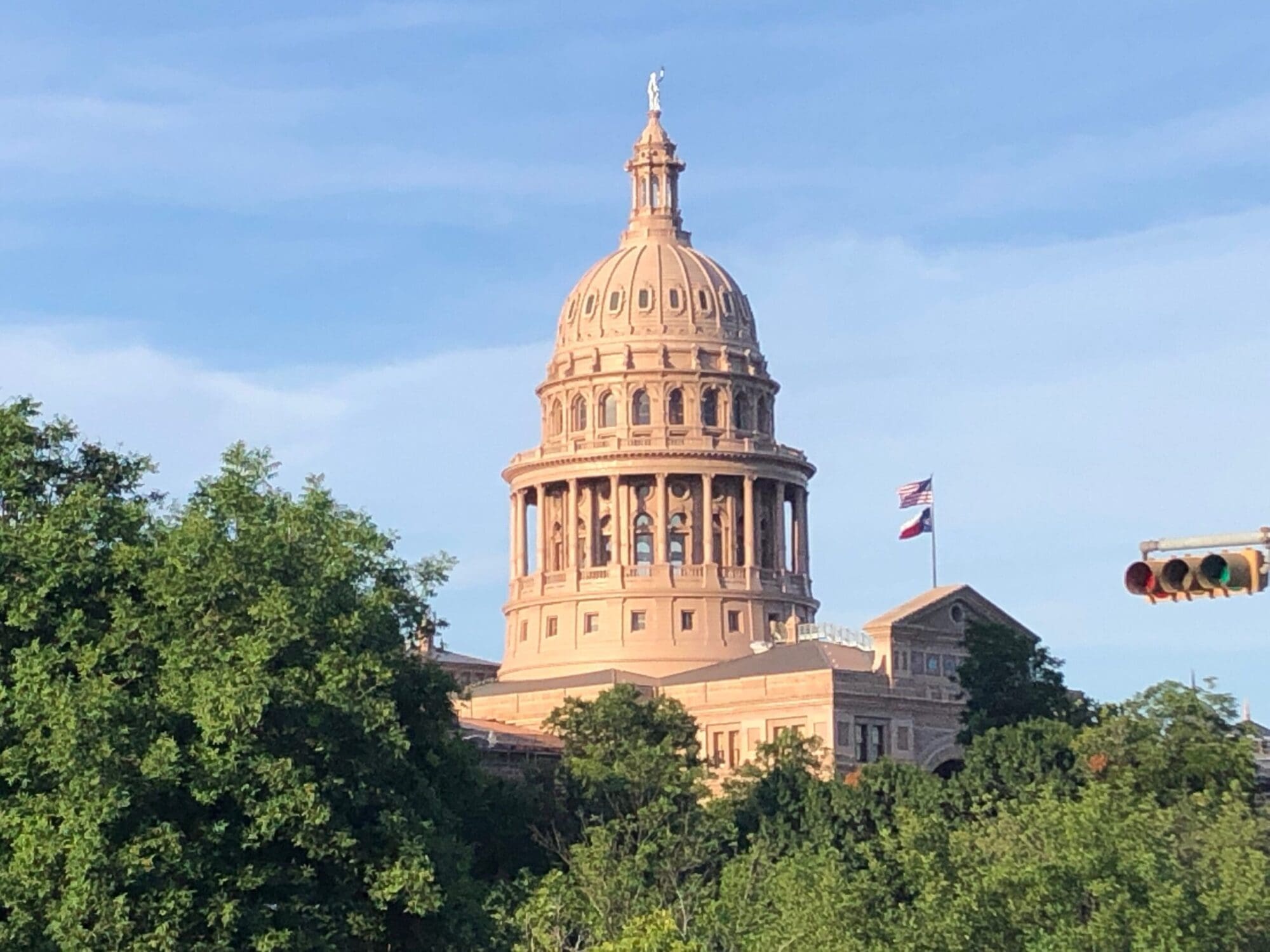In a letter today to Houston City Council, Uber addressed their concerns over the ridesharing regulations implemented in 2014 by the city. The service is threatening to pull out of Houston if changes aren’t made saying, “If the city refuses to act, we will have to cease operations just as other ridesharing platforms previously did.”
The letter goes on to say:
“Currently, prospective drivers must complete 10 duplicative, time consuming and expensive steps to obtain a license to drive on a ridesharing platform. Over time, this already time-consuming process has become increasingly longer, and it is now taking an average of four months for a new Houston driver to get from signup to being granted a two-year license by the city.”
We have previously written on local government regulations that burden ridesharing companies to the point of excluding them. Uber notes that 59 percent of its drivers within Houston city limits drive less than 10 hours a week. Uber drivers, unlike many taxi drivers, are independent contractors who take part in the platform for additional, not primary income so these regulations disproportionately impact them.
The duplicitous regulations go against Uber’s business model and ultimately hinder the ability of drivers to make additional income. In most cities, Uber’s screening process is sufficient enough to allow for licensing but many Texas cities – acting at the behest of incumbent taxi companies – are requiring more than is necessary. Unfortunately, the people that the regulations hurt most are city dwellers who utilize the service.
Uber says that 20,000 people have applied and gone through their screening process to become drivers but were deterred from continuing the process because of the city’s regulations.
Recently, Uber has pulled out of numerous cities because of their unwillingness to work with the service to create business-friendly policies. Uber threatened in 2014 to pull out of the City of Houston due to the burdensome regulations but, presumably, because of the size of the market they justified staying and complying with the regulations – that no longer seems to be the case.
City officials have yet to respond to Uber’s letter.
Meanwhile, Austin voters are casting ballots through next Tuesday in advance of the May 7 municipal election that would curtail that city’s punitive regulatory scheme against ridesharing services.




